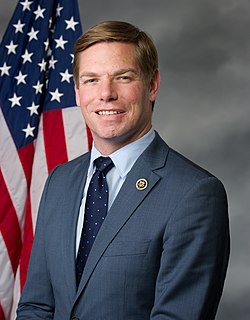A Quote by Andrew Sullivan
The Tea Party we were told is only about economics; not true. It was always about economics and social issues. They just hid the social issues and now we just see who they really are.
Related Quotes
I started in the law; and the study of law, when it precedes the study of economics, gives you a set of foundation principles about how human beings interact. Economics is very useful, and I studied economics in graduate school. But without understanding the social and organizational context of economics, it becomes a theory without any groundwork.
These were always obsessions of mine, even as a very young child. These were things that interested me as the years went on. My friends were more preoccupied with social issues - issues such as abortion, racial discrimination, and Communism - and those issues just never caught my interest. Of course they mattered to me as a citizen to some degree...but they never really caught my attention artistically.
My mother and my father taught me to look at the actual problem, not the face of it, not the veneer of it. So for me, I was never - I was impressed that it - racially, I was impressed, right, but now in America it's about economics, and it's been about economics, and honestly, everything's been about economics since I don't want to say the beginning of time, but it's been about economics for a long while.
The fallacy is that politicians don't really do much about social issues. They just demonize their opponents as elitists and reap the benefit. It's a stupid way to do politics. Economic issues can more often be addressed concretely, and it would seem logical for people to vote their interests in this area.
History is not just about dates and quotations. And it's not just about politics, the military and social issues, though much of it of course is about that. It's about everything. It's about life history. It's human. And we have to see it that way. We have to teach it that way. We have to read it that way. It's about art, music, literature, money, science, love - the human experience.

































